When I include controls on video element, ex:
<video controls >
<source src={"https://another-server/myVideo.mp4"} type="video/mp4"/>
</video>
I get a built in Download functionality as seen below.
and the video downloads normally. But when I try to use javascript and blob to save the video, I get CORS policy issue. Why is not this the case with html5 ?
